Gabriel Perdue
Deep Learning for Vertex Reconstruction of Neutrino-Nucleus Interaction Events with Combined Energy and Time Data
Feb 02, 2019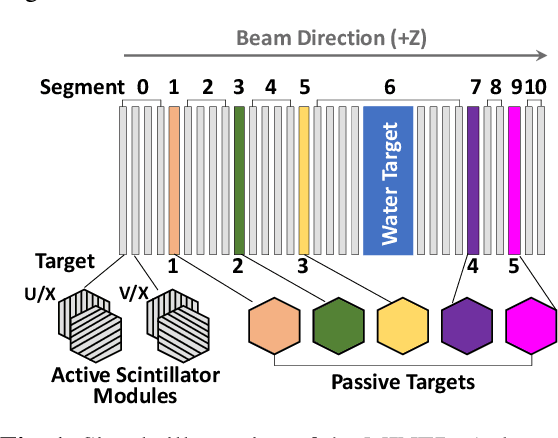
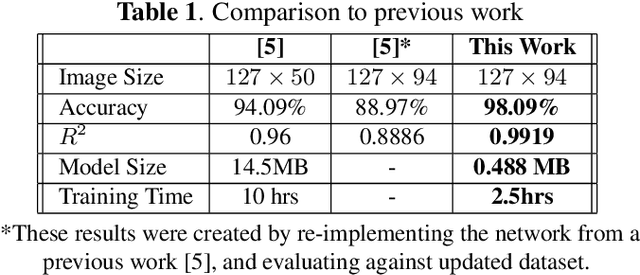
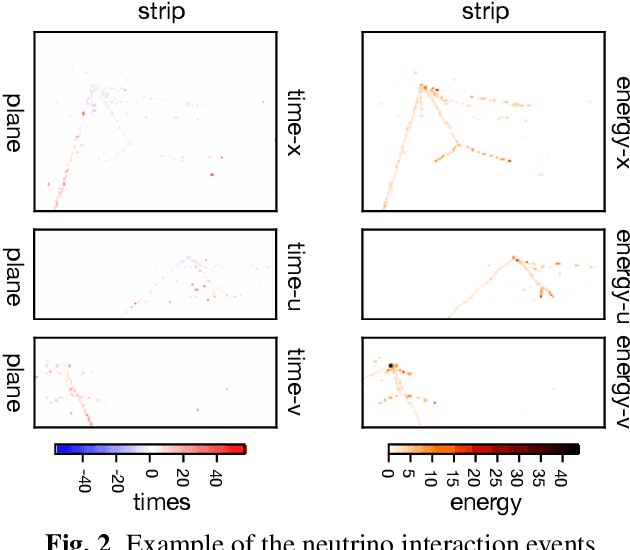

Abstract:We present a deep learning approach for vertex reconstruction of neutrino-nucleus interaction events, a problem in the domain of high energy physics. In this approach, we combine both energy and timing data that are collected in the MINERvA detector to perform classification and regression tasks. We show that the resulting network achieves higher accuracy than previous results while requiring a smaller model size and less training time. In particular, the proposed model outperforms the state-of-the-art by 4.00% on classification accuracy. For the regression task, our model achieves 0.9919 on the coefficient of determination, higher than the previous work (0.96).
Machine Learning in High Energy Physics Community White Paper
Jul 08, 2018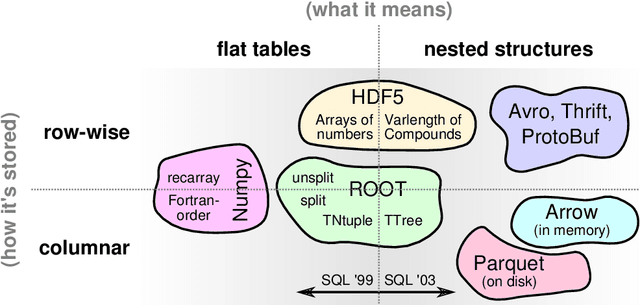
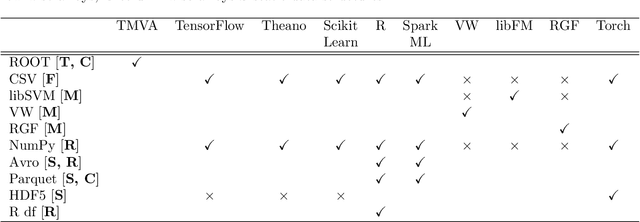

Abstract:Machine learning is an important research area in particle physics, beginning with applications to high-level physics analysis in the 1990s and 2000s, followed by an explosion of applications in particle and event identification and reconstruction in the 2010s. In this document we discuss promising future research and development areas in machine learning in particle physics with a roadmap for their implementation, software and hardware resource requirements, collaborative initiatives with the data science community, academia and industry, and training the particle physics community in data science. The main objective of the document is to connect and motivate these areas of research and development with the physics drivers of the High-Luminosity Large Hadron Collider and future neutrino experiments and identify the resource needs for their implementation. Additionally we identify areas where collaboration with external communities will be of great benefit.
 Add to Chrome
Add to Chrome Add to Firefox
Add to Firefox Add to Edge
Add to Edge